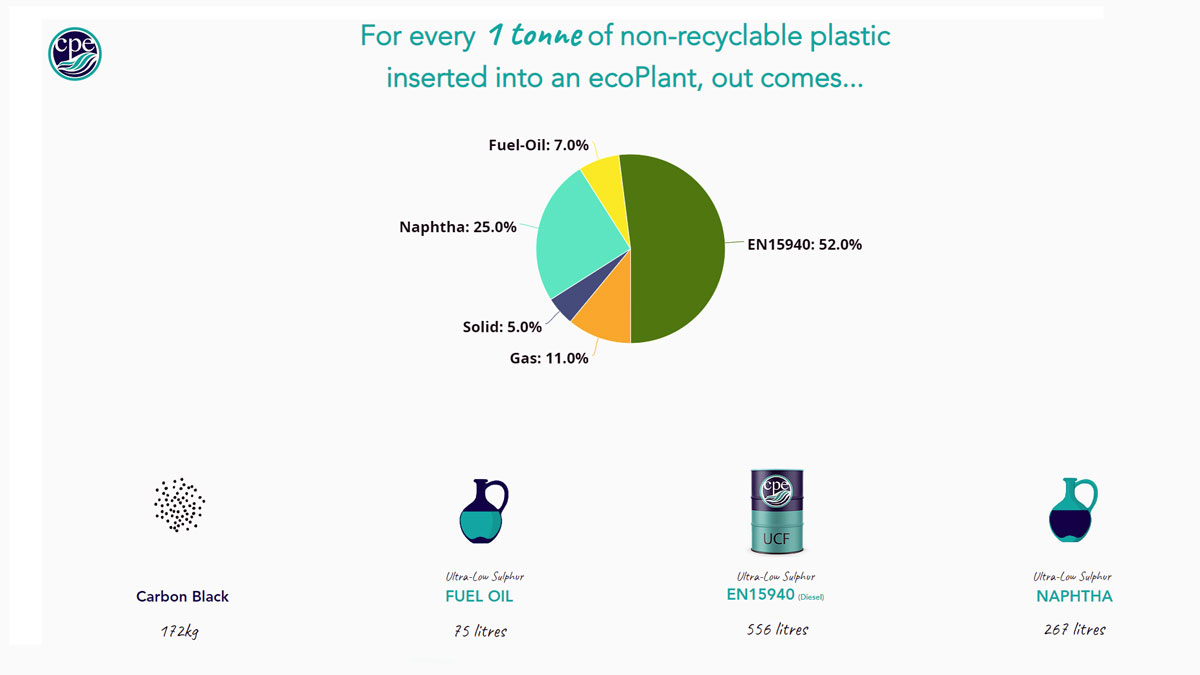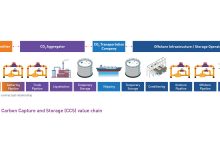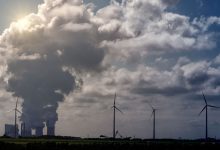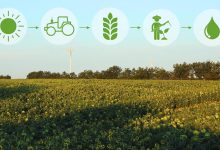Ultra-Clean Jet Fuel: 75% Reduction in CO2 Emissions
Sustainable and green-energy company, Clean Planet Energy, announced a breakthrough product in their mission to significantly reduce carbon emissions in fossil-fuel led transport. Branded as ‘Clean Planet Air’ in their launch video, the certified Kerosene/Jet Fuel can be used as a direct replacement for the fossil-fuel equivalent, yet it reduces C02 emissions by a minimum of 75% in comparison, whilst removing thousands of tonnes of waste-plastics from the environment every year.
“On an average day across the world (post-COVID), you would expect 75,000 planes to take-off. The aviation industry is making great strides to be greener and cleaner, but still, it is calculated by the European EEA that a domestic flight, for every 1,000 KM travelled (the average distance between the UK > Spain), will release 250kg of new CO2e emissions for every economy passenger onboard. Those numbers will not meet the emission cuts the world must make to stop climate change, so alternatives are needed now. Currently there is no viable commercial alternative to fossil fuel led aviation, so until there is our strategy is to assist in the reduction of carbon emissions by producing alternative & greener fuels”, said Bertie Stephens, CEO of Clean Planet Energy.
Clean Planet Energy’s mission is to remove over 1 million tonnes of waste-plastics from the environment every year, and they achieve this by launching ecoPlants which convert this plastic into new products, including ultra-clean fuels and petrochemical feedstocks to make new circular-plastics. The plastics used by Clean Planet in their ecoPlants would otherwise be going to landfill, incineration, or worse, entering our oceans.
Dr. Andrew Odjo, the Chief Technology Officer of Clean Planet Energy (CPE), gave further insight into the sustainability of the Jet Fuel: “In addition to the carbon-emission savings, our Kerosene/Jet Fuel also has an 850x reduction in the poisonous NOx (Nitrogen Dioxide) and SOx (Sulphur Oxide) emissions which are globally responsible for around 9,000 early-deaths a day. The CPE technology is able to handle plastics that simply cannot be mechanically recycled today, therefore also providing a solution to the waste-plastic crisis too”.
With the first two plants already underway in the UK, and another 4 in development, Clean Planet Energy are currently scaling their ecoPlant pipeline, working with Local Authorities around the UK and Europe to provide a revenue-generating solution. Clean Planet have already introduced a certified, premium, ultra-clean & zero-sulphur Diesel fuel which meets the top EU EN15940 specifications; in addition to further fuels which directly substitute the fossil-fuel requirements for large Marine vessels (e.g., Cruise & Freight ships). This latest announcement now means Clean Planet cover almost all major road, sea and air transport fuel types.
Clean Planet Energy commissioned a 3rd party peer-reviewed study with a focus on quantifying the potential reduction in greenhouse gas (GHG) emissions that can be achieved by producing Clean Planet’s products from waste plastics, compared to that of conventional fossil fuel derived products.
Key findings
Extraction: As CPE’s process feedstock is derived from waste plastics, extraction phase GHG emissions are calculated to be zero.
Production: The application of CPE’s proprietary pyrolysis and oil-upgrading technology enables an estimated 47% reduction in production phase GHG emission, for all liquid hydrocarbon products, compared to that of a conventional fossil fuel process. This can be attributed to the fact that CPE’s ecoPlants are designed to be self-powered, utilising a combination of pyrolysis gas and solar-PV technology to meet process heat and power demand.
Usage: Whilst no GHG emission savings were calculated forecast through the usage phase (combustion) of CPE’s liquid hydrocarbon fuel products, compared to fossil fuel-derived equivalents, a significant reduction in NOx, CO and SOx emissions are anticipated from the use of CPE’s fuels.
Well-to-Tank: As CPE’s liquid hydrocarbon fuels are produced from non-recyclable waste plastics, displacing fossil fuel derived fuel production as well as avoiding plastics disposal via incineration, maximum GHG emissions savings of up to 330% (416 kgCO2e/barrel) are anticipated compared to conventional fossil fuel derived processes and products.
Well-to-Wheel: As CPE’s liquid hydrocarbon fuels are produced from non-recyclable waste plastics, displacing fossil fuel derived fuel production as well as avoiding plastics disposal via incineration, maximum life cycle GHG emissions savings of up to 78% are anticipated compared to conventional fossil fuel derived processes and products.
Key points
- 1. Clean Planet’s liquid fuels provide at least a 78% reduction in CO2e emissions compared to traditional fossil fuels, considering 100% incineration avoidance.
- 2. Clean Planet’s liquid fuels provide at least a 48% reduction in CO2e emissions compared to traditional fossil fuels, considering 50% incineration avoidance and 50% landfill avoidance.
- 3. For every barrel of Clean Planet’s liquid fuel used in replacement of traditional fossil fuels, 416 kg of CO2e emissions are stopped from entering the atmosphere, considering 100% incineration avoidance.
- 4. For every barrel of Clean Planet’s liquid fuel used in replacement of traditional fossil fuels, 257 kg of CO2e emissions are stopped from entering the atmosphere, considering 50% incineration and 50%landfill avoidance.
- 5. For every barrel of Clean Planet’s liquid fuel used in replacement of traditional fossil fuels, 98 kg of CO2e emissions are stopped from entering the atmosphere, considering 100% landfill avoidance.
- 6. CPE’s ecoPlants are designed to be self-powered, utilising the syngas produced to heat and power the production plant. In addition, solar PV technology is designed to be used to meet any excess power demand.







